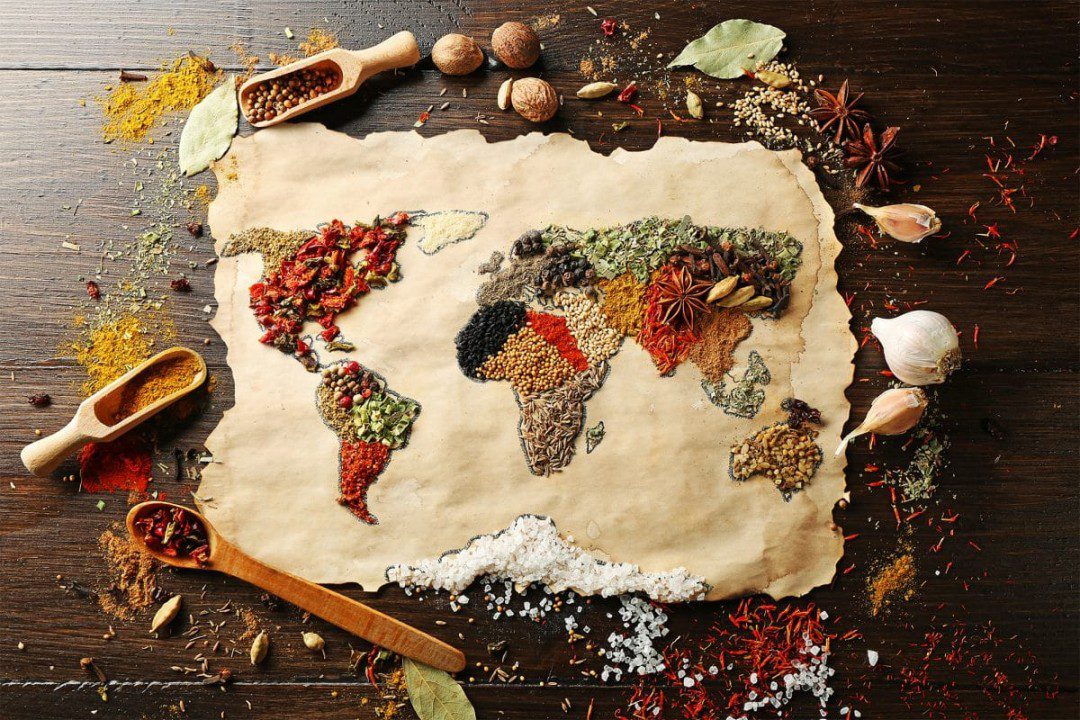The world of global politics is diverse and complex, with various countries playing significant roles in shaping international relations. From the United Nations with 193 member countries to China as the largest exporter, each nation brings its unique attributes to the global stage. The Vatican City stands out as a sovereign state despite its small size, while India boasts the largest democracy in the world. As the largest country by landmass, Russia holds significant geopolitical influence. Understanding these different dynamics is essential for navigating the intricate web of global politics and addressing the challenges that arise on a worldwide scale.
1. The United Nations Has More Member Countries Than the Olympic Games
The United Nations (UN) has 193 member countries, while the International Olympic Committee recognizes only 206 National Olympic Committees. This means that there are more countries involved in global politics than in the Olympic Games, highlighting the widespread influence and participation in international relations.
2. The Vatican City Is Considered a Sovereign State
Despite its small size of just 44 hectares, the Vatican City is recognized as an independent city-state and a sovereign entity. It is the smallest independent state in the world, both in terms of area and population. The Vatican City has its own government, legal system, and even issues its own passports.
3. China Is the World’s Largest Exporter
China has emerged as a global economic powerhouse in recent decades, becoming the world’s largest exporter of goods. The country’s massive manufacturing sector and rapidly growing economy have propelled it to the top of the list of exporting nations, surpassing traditional giants like the United States and Germany.
4. India Has the Largest Democracy in the World
With over 1.3 billion people, India is not only the world’s second-most populous country but also the largest democracy. The country’s democratic system allows its citizens to elect their representatives and participate in the decision-making process through free and fair elections.
5. The European Union Has Its Own Currency
The European Union (EU) introduced the euro as its official currency in 1999, aiming to promote economic integration and facilitate trade among its member states. The euro is now used by 19 out of the 27 EU countries, forming the second-largest reserve currency in the world after the US dollar.
6. North Korea Is an Isolated Dictatorship
North Korea is known for its reclusive regime and strict control over its citizens. The country is ruled by the Kim dynasty, with the current leader, Kim Jong-un, maintaining a tight grip on power through a cult of personality and brutal suppression of dissent. North Korea’s isolationist policies have led to tensions with the international community, particularly over its nuclear program.
7. Russia Has the Largest Landmass in the World
Spanning across two continents, Europe and Asia, Russia is the largest country in the world by land area. Its vast territory covers diverse landscapes, from tundra in the north to deserts in the south, and has significant geopolitical influence due to its strategic location and abundant natural resources.
8. The United States Has the Highest Military Spending
As the world’s largest economy and a global superpower, the United States allocates the highest budget for its military. In 2020, the US spent over $778 billion on defense, accounting for almost 40% of the world’s total military expenditures. This massive investment enables the US to maintain its military dominance and influence global security.
9. Saudi Arabia Controls a Significant Portion of the World’s Oil Reserves
Saudi Arabia is home to the largest proven oil reserves in the world, accounting for around 16% of the global total. The country’s vast oil wealth has made it a key player in the energy market and a significant influencer of global economic and political dynamics.
10. Global Politics Is Shaped by a Complex Interplay of Factors
Global politics is a multifaceted arena influenced by a myriad of factors, including economic power, military strength, cultural differences, historical legacies, and geopolitical interests. Understanding these complexities is crucial for navigating the ever-changing landscape of international relations and addressing global challenges collectively.
